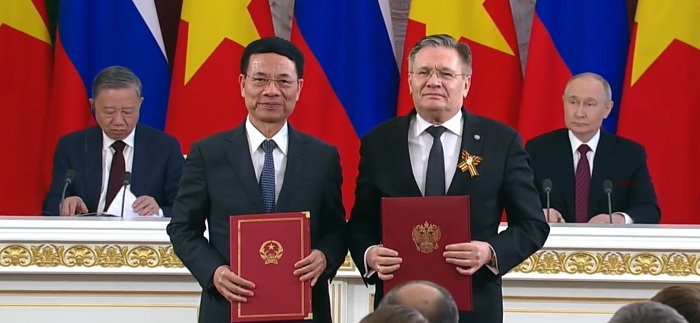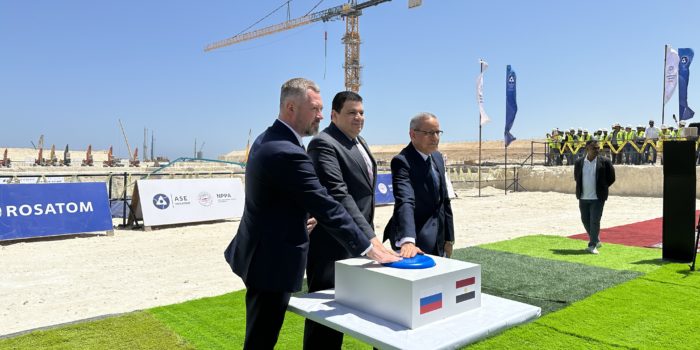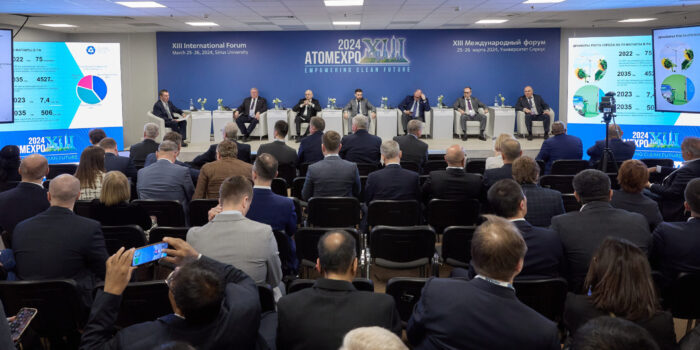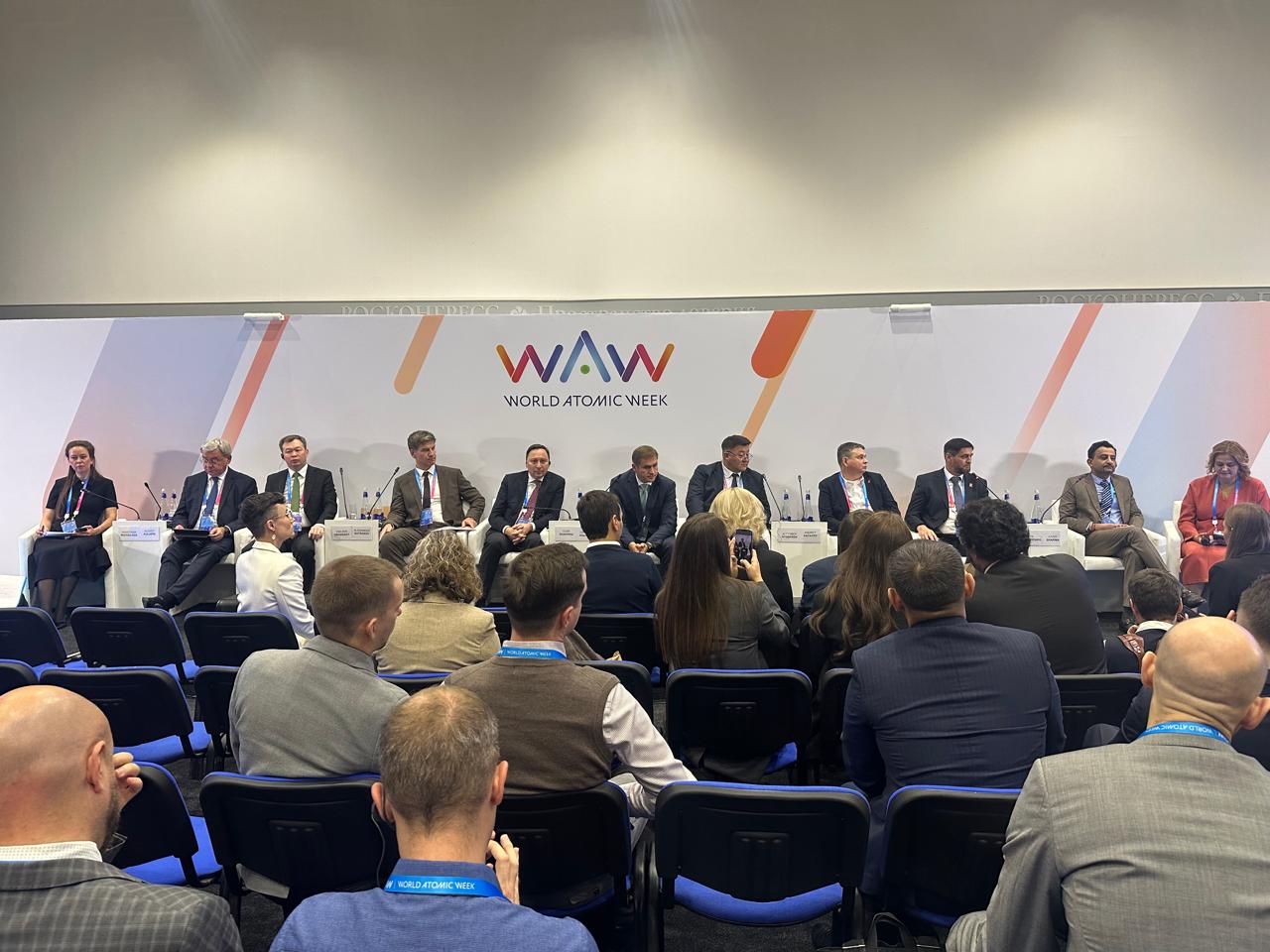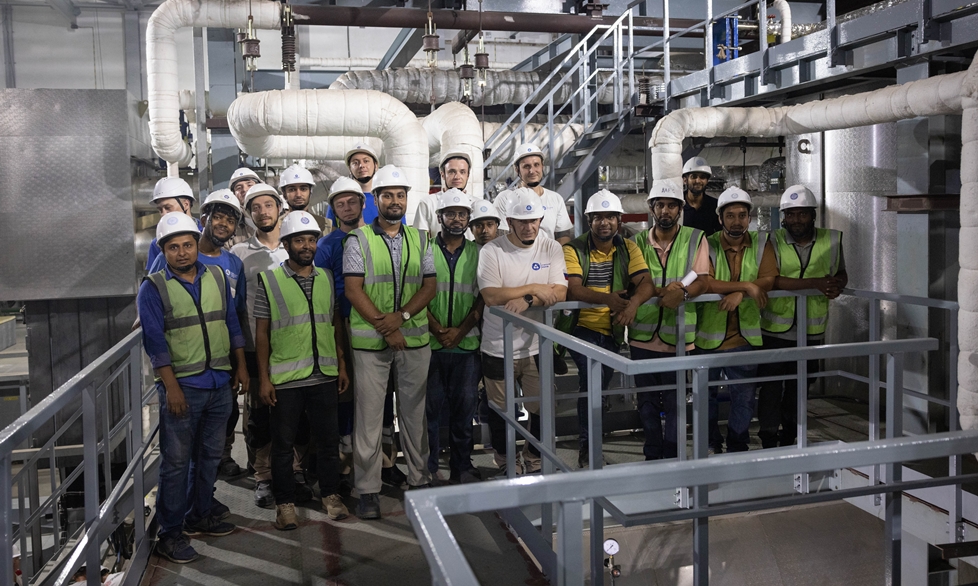The document was signed by Alexey Likhachev, Director General of Rosatom, and Nguyen Manh Hung, Minister of Science and Technology of Vietnam.
The roadmap
covers the construction of a nuclear science and technology center, the supply
of fuel for the research reactor in Da Lat, the participation of the Vietnamese
side in the Consortium “International Research Center based on the MBIR
reactor” and the training of personnel for the Vietnamese nuclear industry.
“For
decades, research has been the flagship activity of our cooperation. In the
1980s, Soviet specialists restarted a research reactor built by the Americans,
and now Vietnamese specialists have ordered us a new research reactor. We have
already entered the site in the south of the country, in Dong Nai province,
near Ho Chi Minh City. And that is where a powerful, modern, and, presumably,
the best research reactor in Southeast Asia will appear soon. For our part, we
invite our colleagues to Dimitrovgrad to conduct research on our promising
multi-purpose fast reactor. In addition, this visit has marked the transition
to a new stage of cooperation – the project to build a large nuclear power
plant. We offer our “bestseller” – the VVER-1200 reactor. Certainly,
negotiations should take place to clarify the technical appearance and
financial support. These negotiations have started today. It will certainly be
a great honor and responsibility for us to build a flagship power reactor in
Southeast Asia, but here we are at the very beginning of the journey,” Alexey
Likhachev said, commenting on the signed agreement.
In January
2025, Rosatom Energy Projects JSC (part of the Rosatom State Corporation) and
Vietnam Electricity, EVN signed a memorandum of understanding on the
development of cooperation in the field of nuclear energy.
The MBIR International Research Center is being established based on the MBIR reactor. The scientific team will consist of Russian and foreign scientists and researchers. The center's activities will be carried out through the MIBR-bases International Research Center consortium. To join the MBIR project new members enter into the consortium agreement that provides a legal basis for the parties’ relationship defining the participants’ rights and obligations regarding the use of the MBIR reactor after it is commissioned. This allows Russian and foreign partners to conduct experiments essential for their national programs aimed at developing nuclear energy for peaceful purposes without having to own the reactor facility which would involve related responsibilities such as ensuring safe operation, monitoring and accounting for nuclear materials. This approach ensures flexible use of the reactor capabilities that meet the needs of the scientific community. At present, negotiations are ongoing with prospective collaborators from the Commonwealth of Independent States and China.

